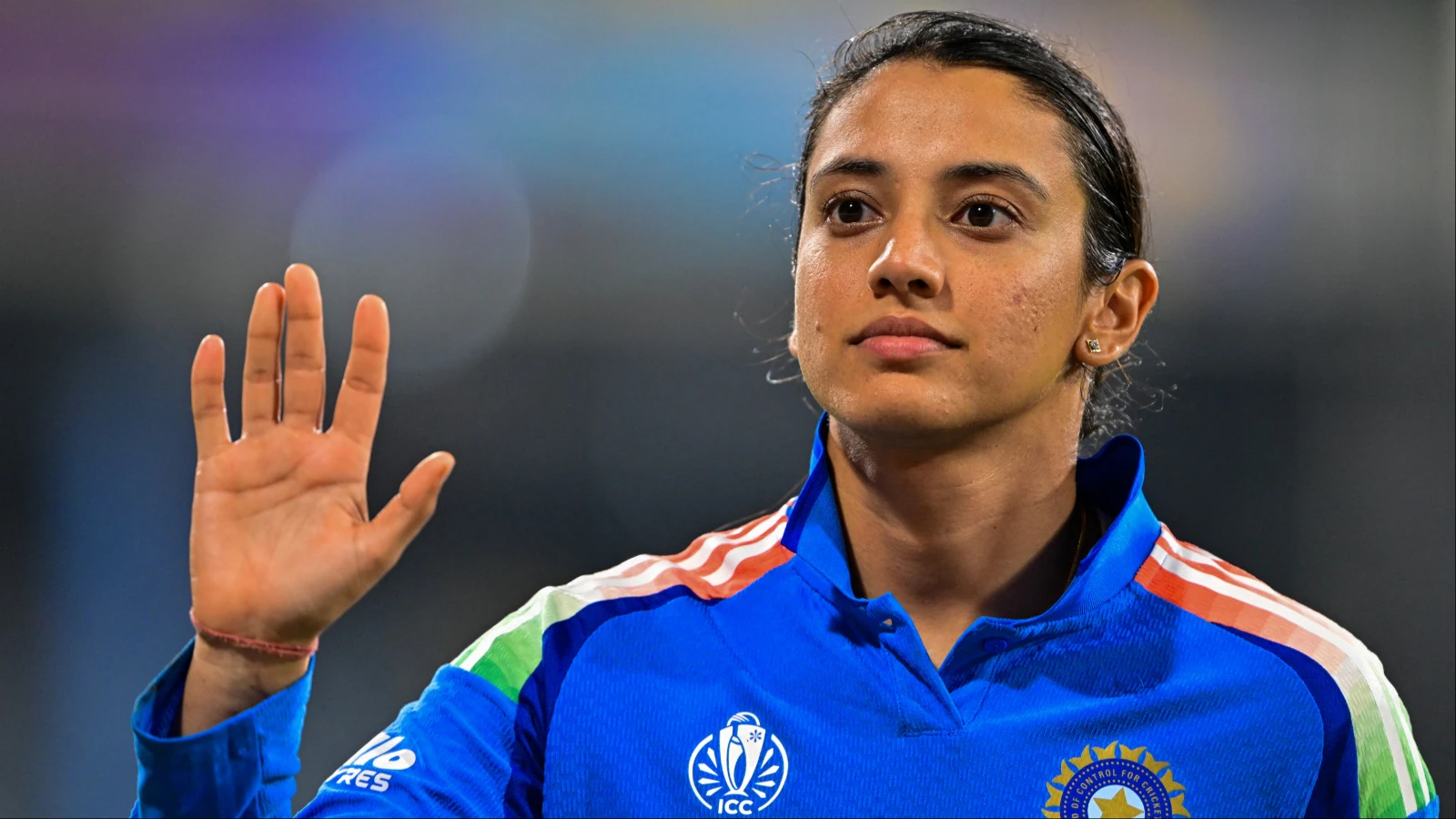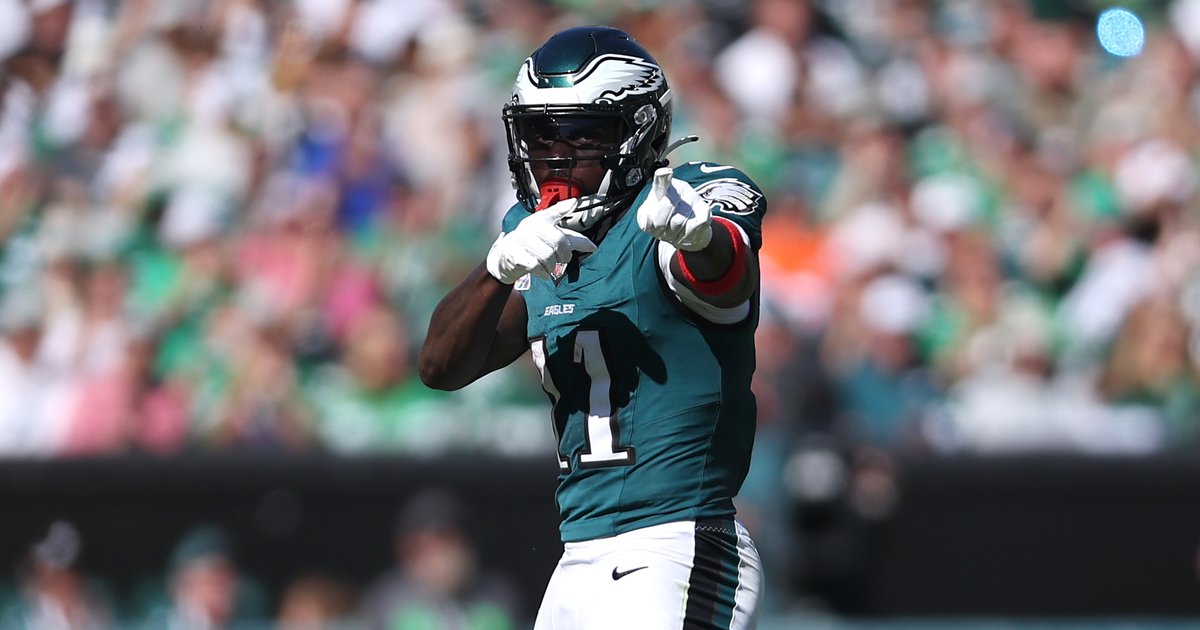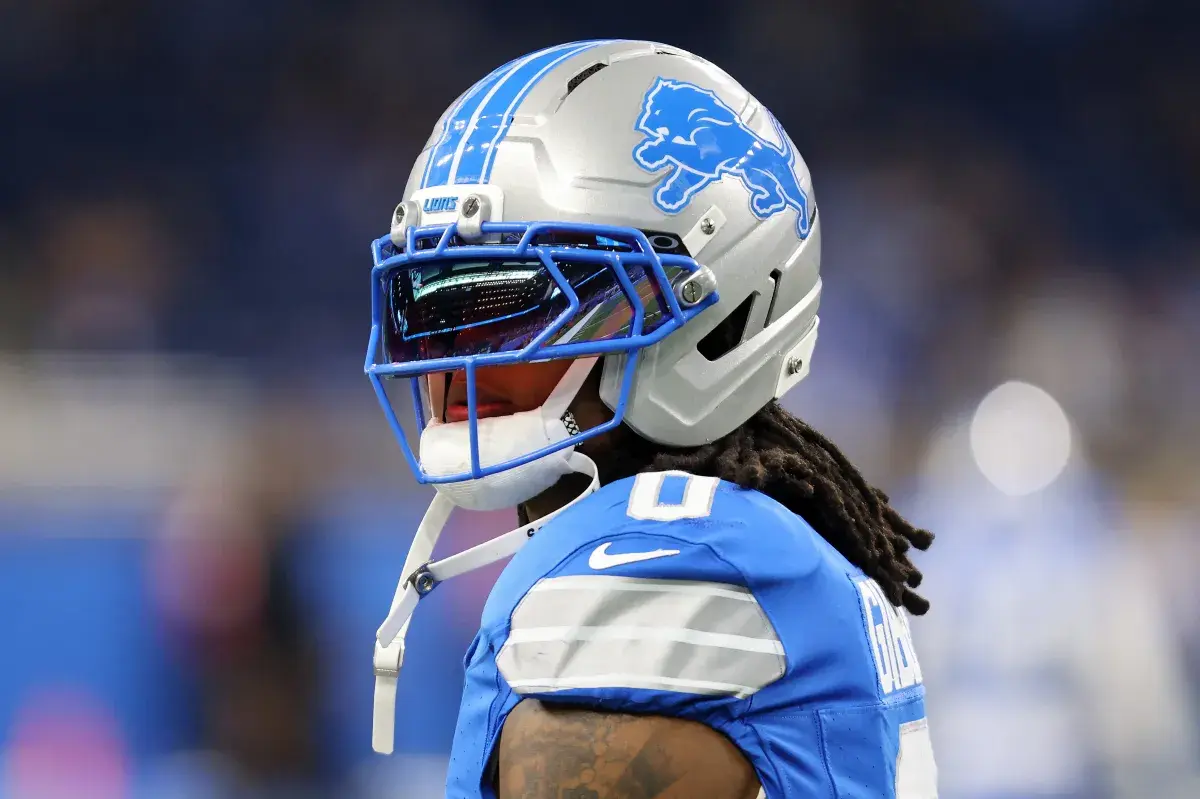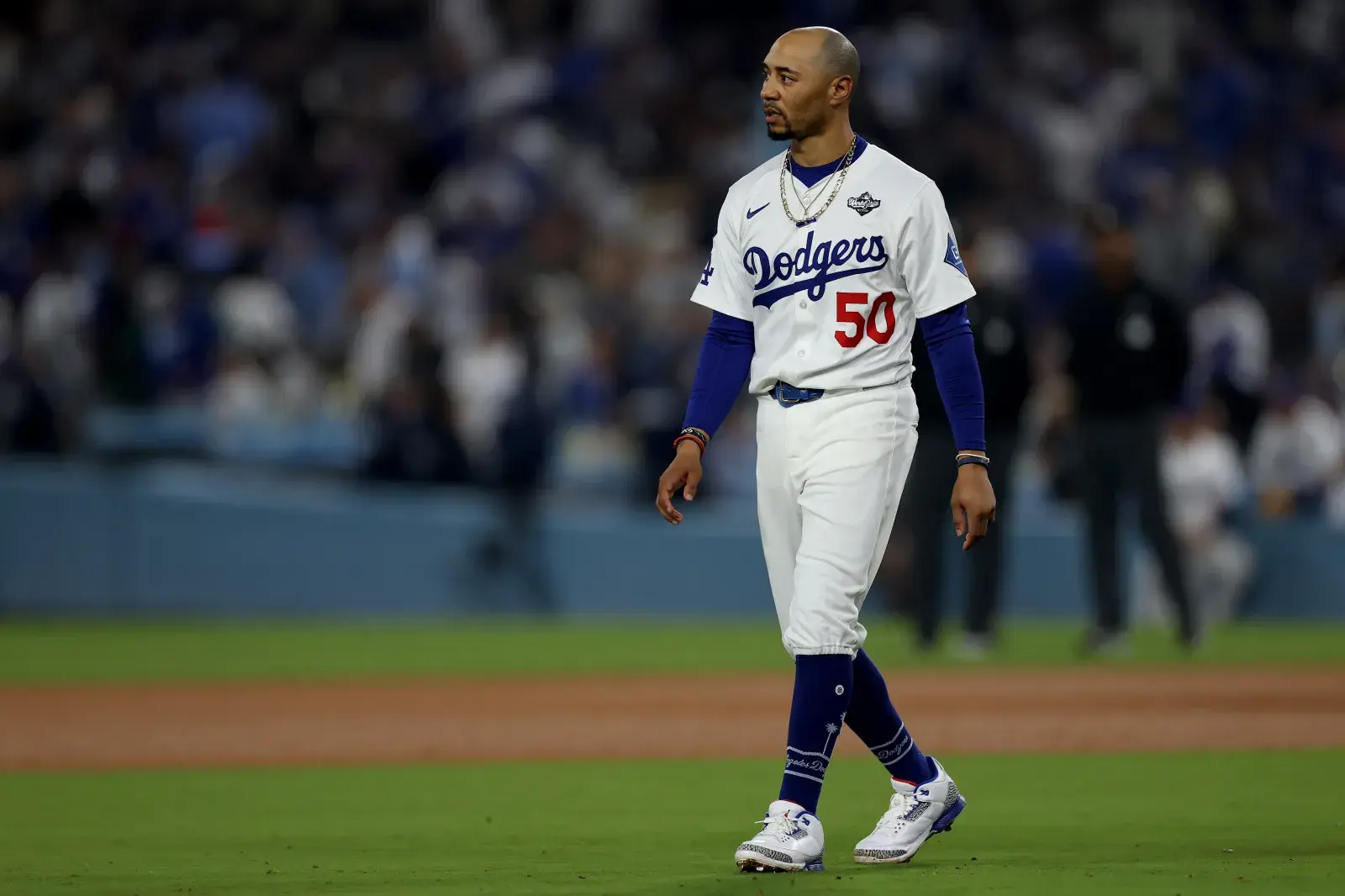Copyright gq
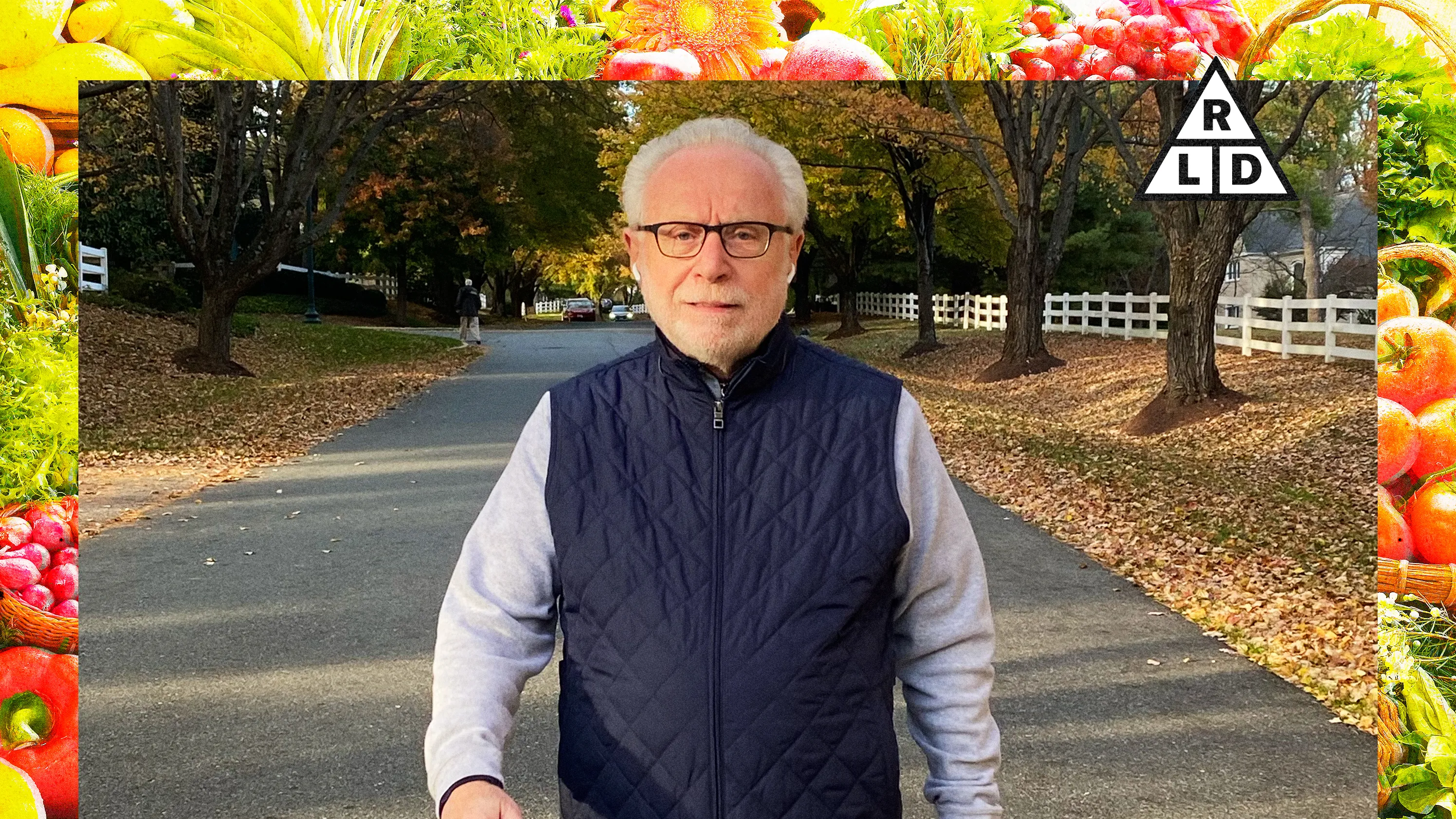
Even when he’s not on the air, Wolf Blitzer lives in a perpetual situation room. The 77-year-old host of The Situation Room with Wolf Blitzer and Pamela Brown has been reporting the news on CNN since 1990, where he’s covered everything from the Gulf War to the Oklahoma City bombing to the October 7 attacks. Any number of things can happen to him on any given day, forcing him to rush to the studio at the drop of a hat. That means that Blitzer has to stay informed, alert, and sober. On that last bit, he went viral last summer for posting a photo of himself with his namesake cocktail—the Wolf Spritzer—at a Washington DC eatery, causing a stir among viewers who then watched him discuss the presidential election shortly thereafter. Blitzer has a few things to clear up about that chain of events, as well as his high school athletic career, his baby aspirin intake, and cooking skills (or lack thereof). Living in the nation’s capital provides access to many great restaurants, and his foreign correspondence has also introduced Blitzer to the joys of citrus and the Mediterranean diet. But at his core, the TV journalist describes himself as a pretty boring guy. As long as he can take his daily walk, read the day’s news, and be home in time to watch his Buffalo Bills, he’s a happy man. GQ: Correct me if I'm wrong, but one thing that you are a big believer in is taking long walks. Is that something that you do every single day? Wolf Blitzer: I try to do it every day. I used to spend an hour on the treadmill every morning, not 59 minutes, not 61 minutes, but 60 minutes exactly. That's when my show was in the late afternoon, early evening. Now that my show is from 10 a.m. to noon, I don't have time in the morning to do my one-hour treadmill. I do have plenty of time in the afternoon when I'm done with the show. I go home, put on some shorts and sneakers, and go for a long walk, usually at least an hour. The nice thing about going outside and doing a walk is you can also return a lot of phone calls and make phone calls while you're walking. I talk on the phone, I call my friends, call family members, check in to see what's going on, call a few sources, get ready for the show the next day. I usually try to do that every day. I think there's real benefits to it mentally also, the idea of being up and moving and especially getting outside. I don’t know if you believe in that stuff. I got to speak with a neurologist to tell me if that happens. I do feel good about it. I always feel good after a nice long walk. I can relax a little bit, have dinner, and watch Monday Night Football or whatever. When did you begin the hour-long walks? Treadmill I started years ago, but hour-long walks outside I did a few years ago. Right now I get up at six in the morning, I leave the house by 6:30, and I'm in the office by 7. I got to get ready for a two-hour show. That's a lot of work. Was there any sort of research that made you decide it had to be one hour on the dot? That was my craziness. When I was on the treadmill, I'd go the first ten minutes at a certain speed and a certain elevation. The second ten minutes you change it to a different speed, different elevation. Then I just figured I'll do one hour. The last five minutes of my treadmill walk, I was always going slower and slower to calm down. Am I giving you too much information? There’s no such thing as too much information. All right. By the time I hit exactly 60, I was ready to move on. I’m a very granular person. I think it's the way I was raised as a kid in my hometown of Buffalo, New York. My parents were pretty consistent. We’d do the same thing every day, basically. We would have dinner, but before dinner we would watch the CBS Evening News with Walter Cronkite. As a result of that consistency, my mom and dad always read newspapers. I grew up a news junkie and I was always interested in the news. Then, when I was thinking about what I was going to do when I finished school and went to graduate school, one of my professors said, “What are you going to do now?” My dad always wanted me to go to law school. My mother was always interested in me going to medical school, but I wasn't sure. He said, “Well, do you want to be a foreign correspondent?” Sure! How do you do that? I never studied journalism. I never took any classes in journalism. I never wrote for the school newspaper or anything, but I was a news junkie and he told me about a program that the Reuters news agency had in London. They would train graduates to become foreign correspondents. He gave me a good recommendation and lo and behold, I was accepted. They would always send these graduates out to their foreign bureaus and work with experienced British journalists and learn how to be a real reporter. They sent me to their bureau in Tel Aviv, Israel. I was working with these older British journalists who were sending me out [on] assignments, helping me write stories, teaching me how to be a journalist. When I came home and told my dad, I want to be a journalist, he got nervous. He wasn't sure that there was going to be any money in it. So, that's how I became a journalist. I still wake up all these years later every morning looking forward to reporting the news. Even if I had become a doctor or a lawyer, I still would've followed the news. I combined my personal interests with my livelihood and it's worked out great. I'm very happy. You mentioned you wake up at six every day and you have a little bit of a routine before the show. Can you walk me through that? Are you eating breakfast? What do you do in the morning before you actually get on the air? I get up in the morning, I shower and put on a suit and tie, and I drive downtown. When I get to the office, I have some coffee to perk me up a little bit. We have conference calls and we do preparation. Then I do the show. I don't eat a lot before I go on the air. I figure there's plenty of time after the show to eat. That's my routine. When you do eat before the show, is this like a banana? A yogurt? I love fruit. I love fresh fruit. I love bananas, I love apples, I love oranges, I love grapes. I was in Israel the last few weeks covering the hostages returning and all of that deal. I was staying at the Tel Aviv Hilton, and every morning I would walk out of the hotel, walk down Lazarov Street to Dizengoff Street, and the first thing I would do is go to this place where they have freshly squeezed orange juice. They squeeze it right in front of you. The best part of being in Israel was going out in the morning on Dizengoff Street and getting a big glass of freshly squeezed orange juice, which I thought was healthy and delicious, and that really perked me up. In Washington, you can get orange juice, but it's in a bottle or a can. It's not the same. Over the years when CNN has sent me around the world to cover stories, I always try to stay on US time. Whether I'm in Beijing—I've gone to North Korea, I've gone all over the world—but I try to stay on US time so I don't suffer too much from jet lag when I come back. I can't always do it, but I try. That's a little tip I'm giving you. Do you like to cook? No, I'm not a good cook. I like to eat; I don't like to cook. My wife, Lynn, is a pretty good cook. I can’t. You mentioned you like a coffee before the show. I imagine one of the challenges of your job would be maintaining a high energy level. Do you feel like you just kind of have a natural energy? I enjoy having a cup of coffee in the morning. I never have it later in the day, because it'll keep me up at night, unless I have a decaffeinated cappuccino. I could have, with dinner, a decaffeinated cappuccino with a cookie or something. That makes me happy. Just out of curiosity, have you ever had a Red Bull or a Celsius? No, I've never done that. I’m a pretty boring kind of guy. Once in a while I’ll have a can of ginger ale. I love ginger ale. Last summer you tweeted a lovely photo of you enjoying a Wolf Spritzer at a local bar in D.C. and then frantically getting called into the studio when Joe Biden dropped out of the election. Is that just sort of an inherent hazard of the job, having to remain available at any moment like that? Well, you got to be available 24/7. I've been with CNN now for 35 years, so I know they could call at any minute and say, “There's a big story we need to start anchoring.” But the truth of the matter is, my wife and I went to that restaurant on Saturday night, the night before. I had never had a Wolf Spritzer, but everybody on my staff had told me about it—the Wolf Spritzer at El Presidente in Washington. We went to that restaurant for the first time and I ordered a Wolf Spritzer, the general manager came over to me and all the waiters wanted to take pictures and stuff like that, me having a Wolf Spritzer. But that was Saturday night. The breaking news of Biden dropping out of the race for a re-election was Sunday morning. Late Sunday morning is when they called me. This was long after I had my Wolf Spritzer. There was no impact on my mind or my body by the next day. I posted the picture Sunday morning, and people assumed I had it that morning. That's why they were wondering if I was drunk when I was breaking all that news about Biden. But it was actually the night before. Was the Wolf Spritzer good? It was fine. It was good. I'm not a big alcohol drinker. I occasionally have a glass of white wine. Pinot grigio is my favorite, but I don't drink a lot of alcohol. I don’t smoke. Years ago, one of my doctors said four things to me when I was getting a checkup. Don't smoke, don't drink, get a good night's sleep, and eat healthy. When I was in Israel reporting on the hostage deal and the ceasefire—Israel's right along the Mediterranean. Naturally you're there, you start having the Mediterranean diet. That was very healthy, so I’m happy about that. Are you eating most of your meals at CNN? Most of my meals are either at a restaurant or home. For the main course, I usually order grilled chicken, grilled salmon, some fish. I try not to eat too much red meat. Are you taking any supplements or vitamins? I take vitamins every morning, B12, B3, and multivitamins. I try to keep on that regimen. During the course of the day, I take an acid reflux pepsin. Sometimes I get some acid reflux. And my doctor said I should take an 81 milligram baby aspirin, which I take every day. I am curious to know about your media diet, because I loved the clip from when you had Nathan Fielder on the show and you talked about his show. It made me wonder what else you are watching in your spare time besides The Rehearsal. I watch a lot of news. I check to see what's on CNN all the time, but I also check the other news networks. I like to see what the competition is doing. I love sports, so I love watching football, basketball, baseball. Until COVID, I was a season ticket holder for the Washington Wizards. I go every year to the NBA All-Star game weekend. I bring my pals, we call them the Wolf Pack, and we all hang out. I love that. For years, since I was a great Washington Wizards fan, the team management invited me to do a little video at the top of each game. I would always begin by saying, “I'm Wolf Blitzer in the situation room, and here's the Wizards' situation.” I was told that you run all of your own social media. Is that correct? I do, because I know social media. I know social media well. I don't trust anyone to use my name and say something, which could be bad. I tweet and Instagram myself. I don't read all the comments, because sometimes there's too many. But I look at them, see what people are saying. Some people love me, some people hate me, and that's life in the fast lane. There's no spiraling out here. If you see a bunch of negativity, that's not going to ruin your day. No. Now, if these people are making points that I think are legitimate, it could impact me. But usually it's just they don't like me for whatever reason, or they do like me. I look at them, I'm curious, but I don't pay a lot of attention to it. I post something about my Buffalo Bills football team. I post something about a newsy thing that I did on CNN. We get reaction, but I don't pay a lot of attention to it. I have a lot of followers. On Twitter—formerly Twitter, now X—I think I have a million and a half followers. But I do it all myself. I’m a cautious kind of guy. In addition to walking, do you have any other favorite forms of exercise? Yes. In the last year, I've started going to a fitness center, a gym, Tuesdays and Thursdays. I've got a trainer who works with me, stretches me, works with the weights, and makes me fitter and stronger and presumably healthier. On Wednesdays at 3 o'clock, now that my show's over at noon, I have a golf lesson. I've started taking up golf. My dad used to, when I was growing up, [say] “Remember son, when you're young, you work. When you're old, you play golf.” I've been listening to what my dad used to tell me. I haven't really played yet, but I am getting much better with my swing and knowledge of the game. I've got an excellent teacher who's helping me learn. I can't wait when I'm good enough to actually go out with my pals and start playing golf. When I do, I will walk, because you know I love walking. I won't use a golf cart. Did you play sports growing up? Yes. Not well, but I enjoyed it. I played high school football, tackle football, at Kenmore West Senior High School. I was a linebacker on defense and a center on offense. I was not very good. I went to Kenmore West Senior High School, and our big rival was Kenmore East. We would always say, “West is best, East is least.” My basketball career ended in about seventh or eighth grade when my coach realized I could only dribble with my right hand. I couldn't dribble with my left. He said, “If you can't dribble with both hands, you're not going to be a good basketball player.” So, that's when my basketball career ended. I’ll tell you one quick story. When I was a freshman at the State University of New York at Buffalo, going into my freshman year, before even the semester started, I was in the student union. There was a sign, “Saturday morning, nine o'clock, you can try out for the University of Buffalo football team.” I said, “Hey, I played in high school, I'm not very good, but it sounds like fun and I'll go see what I can do.” I showed up and they gave me shoulder pads and the helmet and the whole nine yards. We were doing some stretching, and in those days, only freshmen could play freshmen at other schools. It was a surprise, because they told us, “Today we're having a scrimmage against Syracuse University.” I was excited just to see it. I didn't think I would get in. I'm standing on the sidelines watching the first quarter. All of a sudden, one of our linebackers is injured, and the coach goes up and down the sidelines and he sees number 56, that's me. He has no idea who I am. He says, “56, you're in.” Me? He said, “Yes, you're in.” I go out there, and all of a sudden Syracuse has the ball, and in their backfield there's a big player, a halfback. I'm just walking onto the field and he looks at me and he takes his fingers across his neck as if he's going to kill me. I was maybe 5' 9" or 5' 10", 160 pounds or something. I was not a big guy. I weigh a lot more now, but in those days, I was thin and not too tall. This big guy is in the backfield. He gets the ball and he starts running right at me. I have to make—at that point in my life, 18 years old—a life and death decision. Do I actually try to tackle him? Of course, I lived, he scored a touchdown. I come to the sideline and all my fellow Buffalo players [say] you know who that is? I had no idea. They tell me, it's Floyd Little, he's a freshman at Syracuse. He goes on to be a Hall of Famer for the Denver Broncos. Flash forward 20 or 30 years, the Council on Foreign Relations in Denver invites me to come out and give a speech. After the speech, the chairman comes over to me and says, there's someone who would like to say hello. All of a sudden, Floyd Little comes over to me. He said, “Wolf, I've been watching you on CNN. I watched you during the Gulf War. I'm a big fan. I just wanted to say hi.” I said, “Floyd, we’ve met before. You remember me?” He didn't remember. I said, “Well, you were a freshman at Syracuse, I was a freshman at Buffalo, and you almost killed me.” I told him he slashed his throat, pointed, ran right over me, and scored a touchdown. He said, “Oh, I used to do that to everybody!” In Real-Life Diet, athletes, celebrities, and other high performers talk about their diet, exercise routines, and pursuit of wellness. Keep in mind that what works for them might not necessarily be healthy for you.
